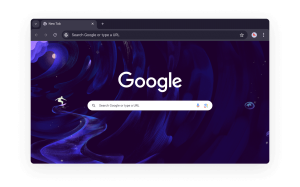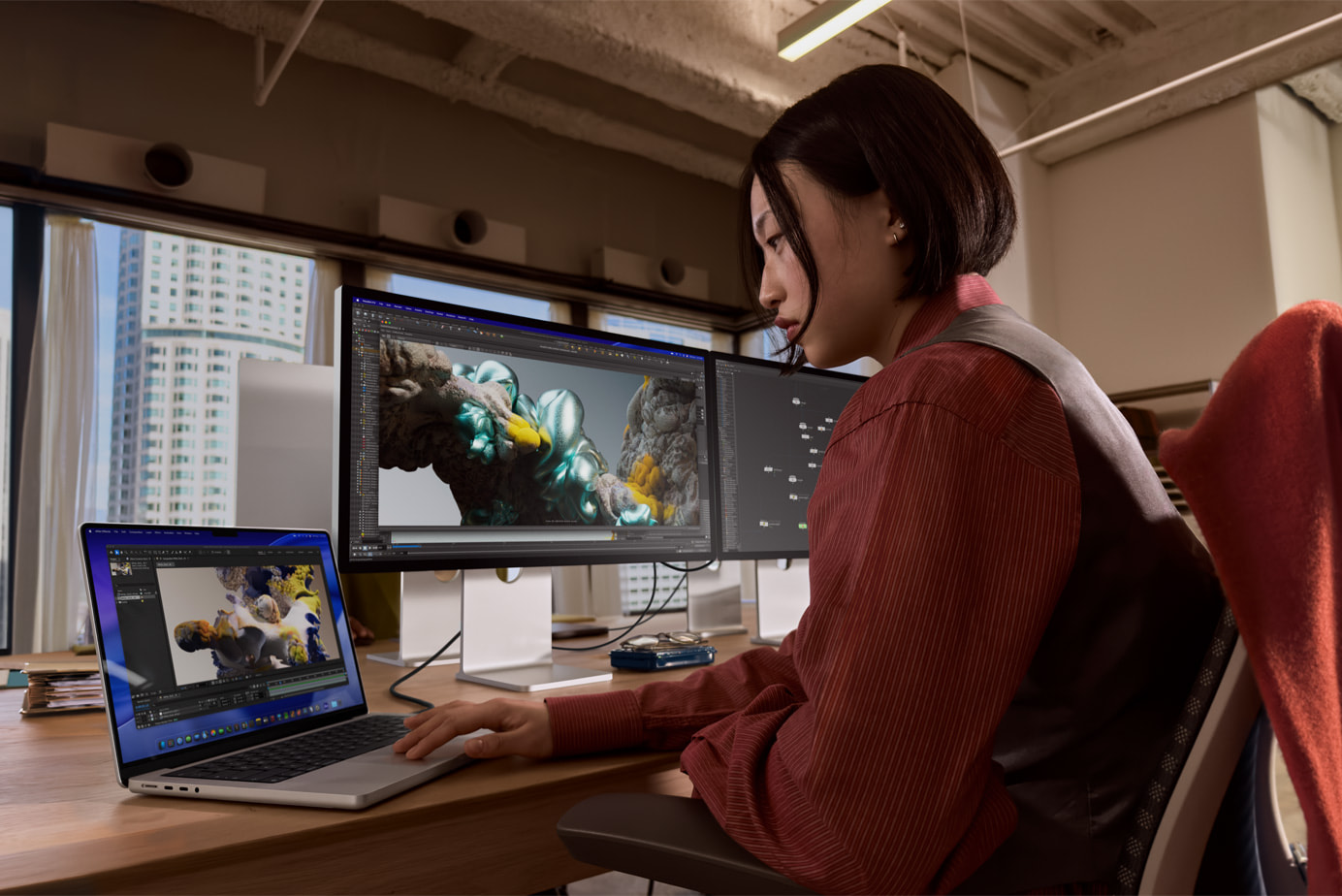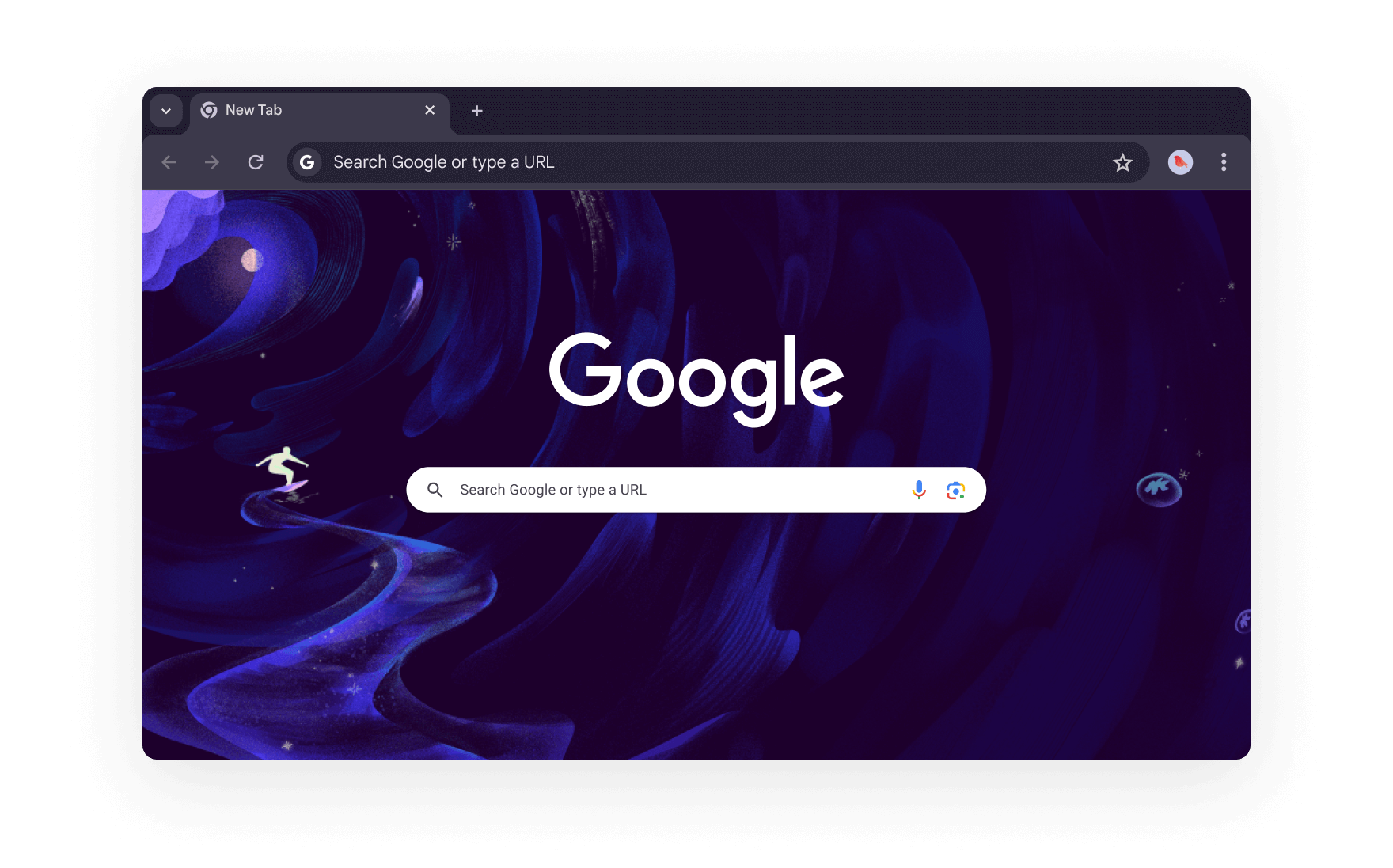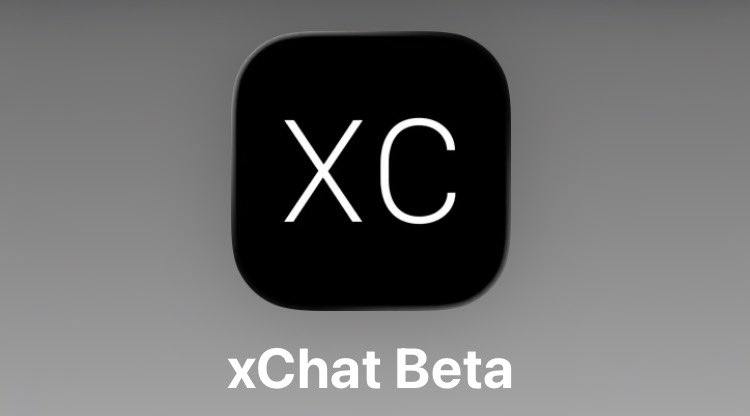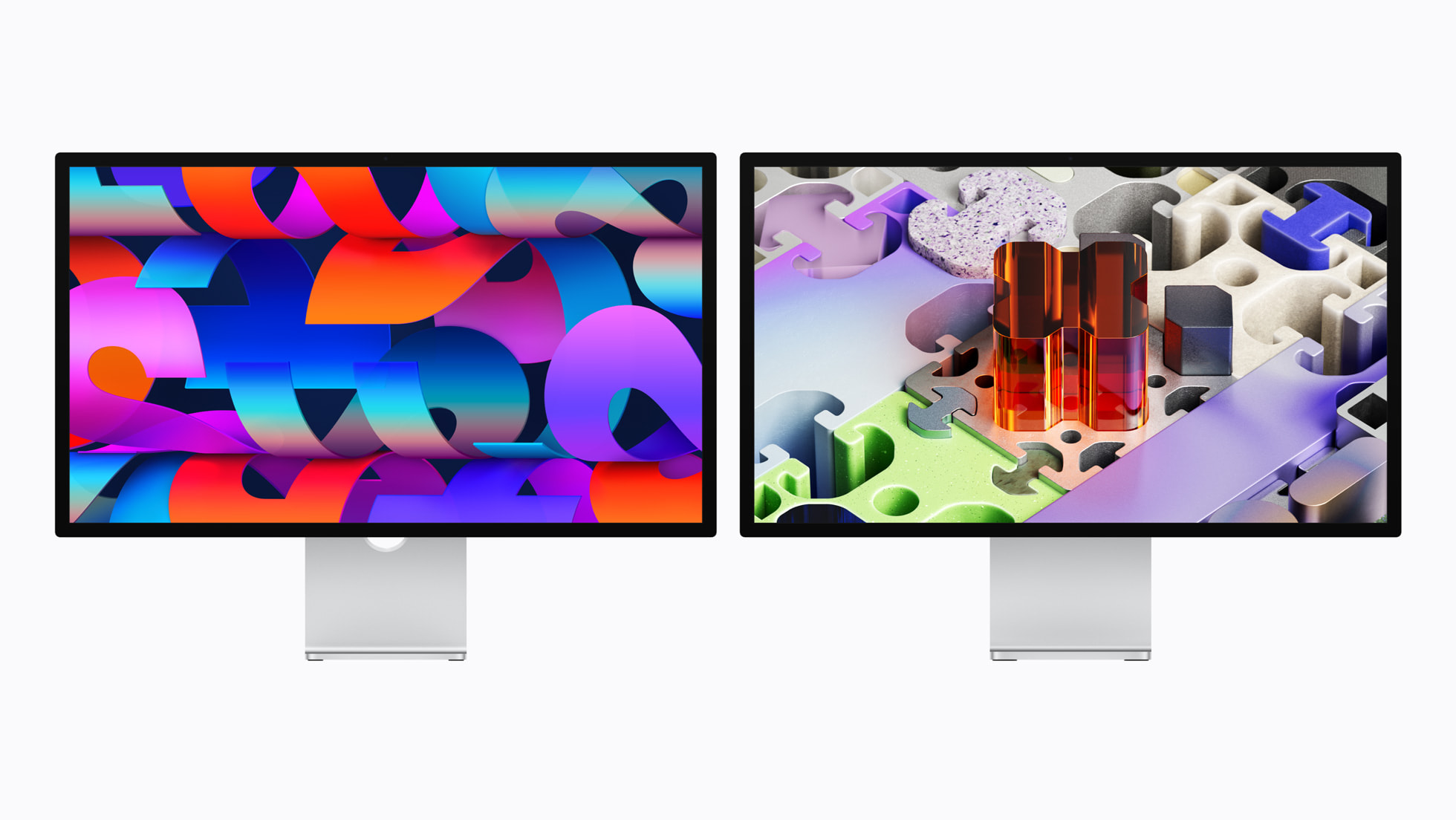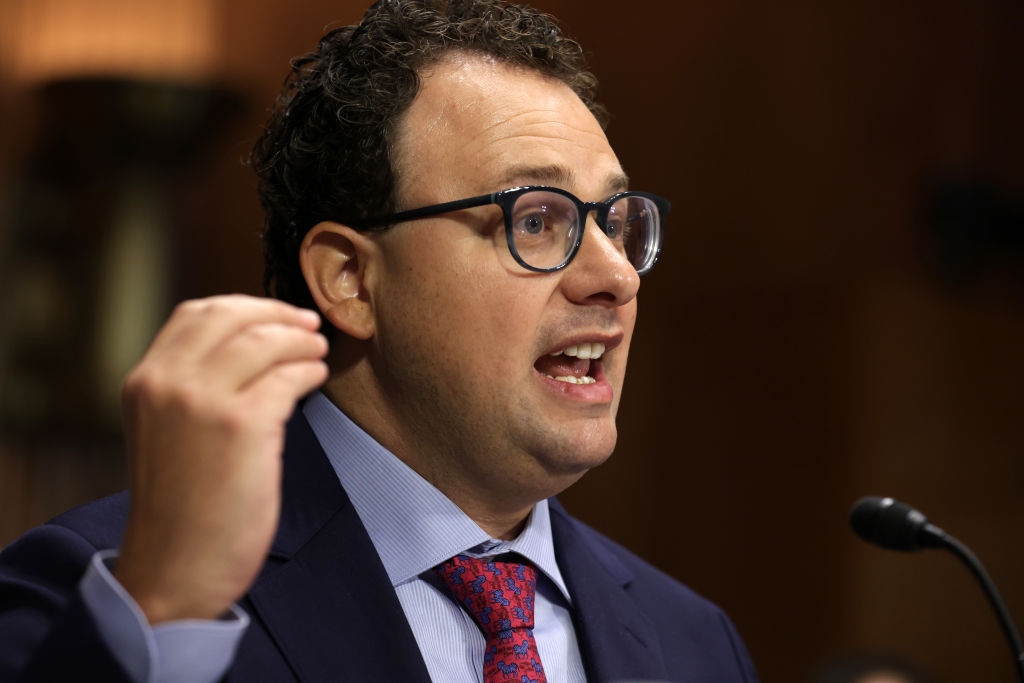
In a significant move that underscores the evolving relationship between artificial intelligence developers and original content creators, AI search innovator Perplexity has finalized a multi-year licensing agreement with Getty Images. This pivotal deal grants Perplexity the explicit right to integrate and display high-quality visual assets from Getty’s extensive catalog across its suite of AI-powered search and discovery platforms. The partnership marks a strategic pivot for Perplexity, an AI startup that has previously faced considerable scrutiny and allegations concerning its content acquisition practices, signaling a concerted effort to establish more formal and legally sound content relationships within the burgeoning AI ecosystem.
A New Chapter in AI Visual Content
The collaboration between Perplexity and Getty Images is not entirely nascent, as sources familiar with the arrangement indicate that both entities have been engaged in discussions and preliminary collaborations for over a year. Getty Images had reportedly participated in Perplexity’s nascent Publishers’ Program, an initiative designed to share advertising revenue with content providers whose material surfaced in AI-driven search queries. However, the recently announced multi-year licensing agreement represents a distinct and expanded commitment, moving beyond initial revenue-sharing experiments to a more comprehensive visual content partnership. While the precise financial terms of this new deal remain undisclosed, it is understood not to be a conventional lump-sum licensing arrangement, reflecting the unique operational model of Perplexity, which, unlike some larger AI firms, does not primarily train its own foundational large language models. This bespoke nature of the agreement highlights the innovative approaches being explored to bridge the gap between AI utility and content ownership.
Navigating the AI Copyright Labyrinth
This agreement emerges against a backdrop of increasing tension and legal challenges surrounding intellectual property rights in the age of generative AI. The rapid advancement of AI technologies has created a voracious demand for vast datasets to train sophisticated models, often leading to the unconsented ingestion of copyrighted material from across the internet. This practice, commonly referred to as "scraping," has drawn the ire of numerous content creators, publishers, and visual artists who argue that their work is being used without permission or compensation, undermining their livelihoods and the integrity of creative industries.
Getty Images, a global leader in visual communications and content licensing, has been at the forefront of this battle. The company possesses an extensive archive of millions of photographs, illustrations, and videos, meticulously curated and legally licensed. Its business model is fundamentally built on protecting and monetizing the intellectual property of its contributors. Getty itself initiated legal action against Stability AI, another prominent AI company, alleging copyright infringement based on the use of its images in training data without authorization. This proactive stance underscores Getty’s commitment to defending creator rights and establishing clear precedents for ethical AI development.
Perplexity’s Journey Towards Legitimacy
For Perplexity, this alliance with Getty Images carries particular weight, as the startup has been mired in controversies regarding its content sourcing. Last year, Perplexity faced a barrage of plagiarism accusations from several news organizations, including allegations of extracting and republishing content, sometimes from behind paywalls, without proper attribution or permission. One notable instance involved the alleged appropriation of an article from a major financial publication, including a Getty Images photograph embedded within that piece. These incidents ignited a broader debate about whether Perplexity’s display of such images constituted copyright infringement. At the time, speculation about an impending agreement between Perplexity and Getty was circulating, though it remained unconfirmed until now.
More recently, Perplexity was confronted with a lawsuit from Reddit in October, which accused the AI search provider of "industrial-scale, unlawful" scraping of user-generated content and actively circumventing technical measures designed to restrict data access. This legal challenge from Reddit is particularly significant, given that Reddit itself has entered into a substantial data licensing agreement with OpenAI, one of the leading developers of generative AI models. These ongoing legal and ethical disputes have cast a shadow over Perplexity’s operations, making the formal partnership with Getty Images a critical step toward bolstering its reputation and establishing a framework of legitimate content acquisition.
The Broader Landscape of AI Licensing
The Perplexity-Getty deal is part of a larger, burgeoning trend of licensing agreements emerging between AI companies and content owners. As AI models become more sophisticated and their outputs more influential, the demand for ethically sourced and legally clear training and display data is escalating. Major players like OpenAI, Google, and Meta have all engaged in various forms of partnerships, licensing deals, and revenue-sharing agreements with publishers, news organizations, and data providers. For instance, Google has invested in its own "News Showcase" program, offering financial compensation to news publishers for their content, while OpenAI’s deal with Reddit highlights a model for direct data access for AI training purposes.
These agreements signify a potential maturation of the AI industry, moving away from a reliance on unchecked data aggregation toward a more structured and consensual approach. They represent an acknowledgment by AI developers that the value derived from creative works must be recognized and compensated. This shift is not merely about legal compliance but also about fostering trust, ensuring data quality, and promoting responsible innovation within the AI ecosystem. The nature of these deals, often complex and tailored, reflects the diverse needs and business models of both AI companies and content providers.
Impact on Content Creators and the Digital Economy
This partnership could have far-reaching implications for content creators, the broader digital economy, and the future of information dissemination. For Getty Images and its vast network of photographers and visual artists, the deal potentially opens up a new, substantial revenue stream and reinforces the commercial value of their creative output in the AI era. It validates the importance of visual content as a critical component of AI-powered search and information retrieval. Should this model prove successful, it could encourage other visual content providers to pursue similar licensing opportunities, thereby creating a more structured marketplace for AI data acquisition.
From a social and cultural perspective, legitimizing the use of visual content in AI-driven tools can enhance the quality and reliability of information users receive. By ensuring that images are properly licensed and attributed, Perplexity aims to mitigate the spread of misinformation and enhance user trust in its AI-powered answers. In an age where visual literacy is paramount and images can powerfully shape narratives, ensuring the integrity and provenance of visual storytelling is crucial. This move by Perplexity could set a precedent for higher standards of visual content integration across the AI industry.
Attribution and Trust in the Age of AI
A core tenet of the Perplexity-Getty agreement is a strong emphasis on attribution. Perplexity has stated that the deal will enable it to better display images within its search results, crucially including clear credits and direct links back to the original source. This commitment to provenance is vital for both content creators, who seek recognition and traffic, and for users, who benefit from transparency regarding the origin of information.
Nick Unsworth, Vice President of Strategic Development at Getty Images, articulated the company’s perspective, stating that the agreement "acknowledges the importance of properly attributed consent and its value in enhancing AI-powered products." Similarly, Jessica Chan, Head of Content and Publisher Partnerships at Perplexity, highlighted the foundational principles behind the partnership: "Attribution and accuracy are fundamental to how people should understand the world in an age of AI. Together, we’re helping people discover answers through powerful visual storytelling while ensuring they always know where that content comes from and who created it." These statements collectively underscore a shared vision for a more transparent and ethically grounded AI-powered information landscape.
Perplexity’s public emphasis on attribution also serves as a strategic defense against ongoing copyright infringement accusations. The company has historically argued that its use of publisher content, even material behind paywalls or explicitly opted-out from scraping, falls under "fair use" doctrine, asserting that publicly available facts are not copyrightable. While this legal interpretation remains highly contentious and subject to ongoing judicial review, securing formal licensing agreements like the one with Getty Images provides a concrete and unambiguous pathway to legitimate content utilization, thereby strengthening its legal position and enhancing its credibility within the industry.
Looking Ahead: The Future of AI and Intellectual Property
The partnership between Perplexity and Getty Images represents more than just a commercial deal; it is a bellwether for the future of intellectual property in the AI era. As AI technologies continue to permeate every aspect of digital life, the imperative to balance innovation with respect for creator rights will only intensify. This agreement suggests a pathway forward where AI companies can leverage the vast repositories of human creativity while simultaneously contributing to the sustainability of creative industries.
However, challenges persist. The sheer volume and diversity of online content make comprehensive licensing a monumental task. The legal frameworks surrounding AI and copyright are still nascent and evolving, with different jurisdictions adopting varied approaches. Nevertheless, this landmark deal signifies a growing recognition that a symbiotic relationship between AI and content creators, built on principles of consent, attribution, and fair compensation, is not only desirable but increasingly necessary for the responsible and ethical development of artificial intelligence. It sets a precedent that could shape how AI interacts with and enriches the world’s knowledge and creative output for years to come.

